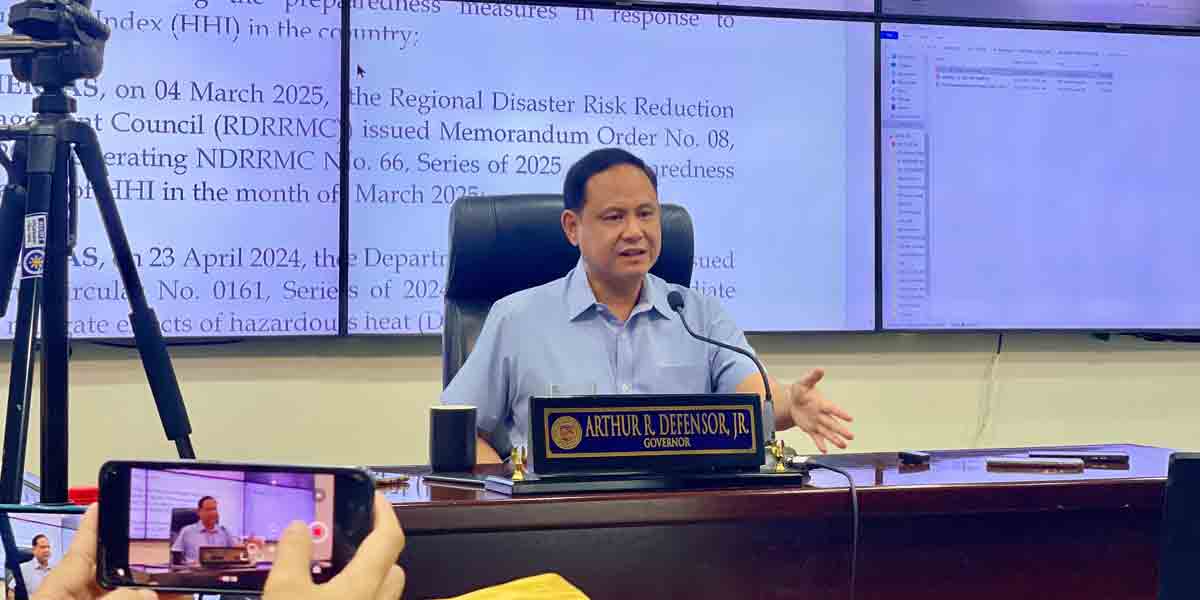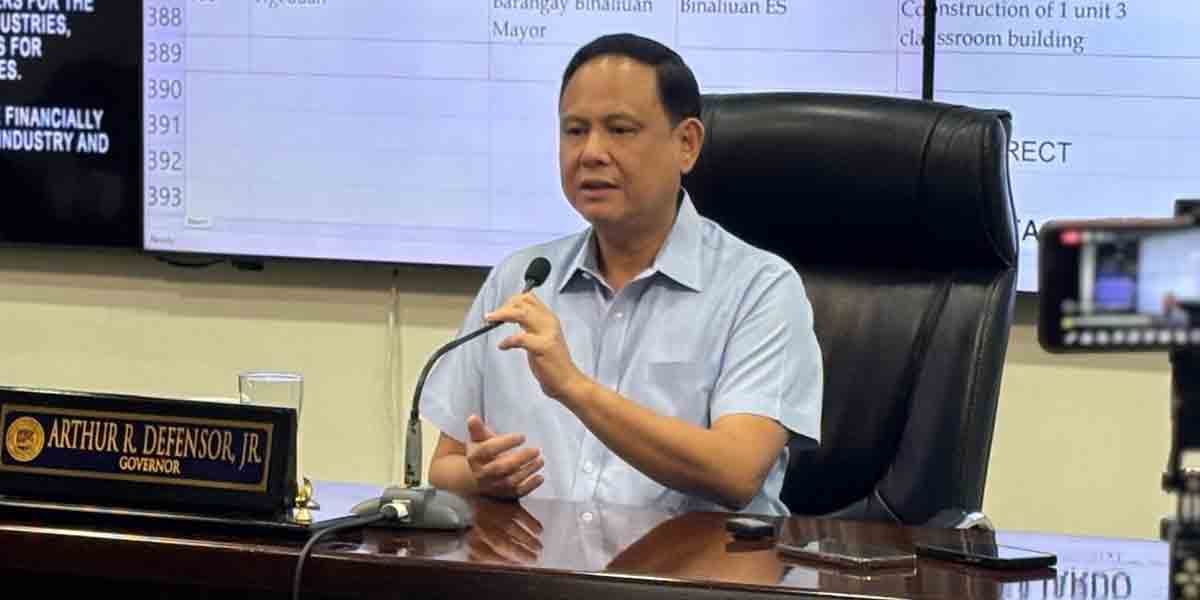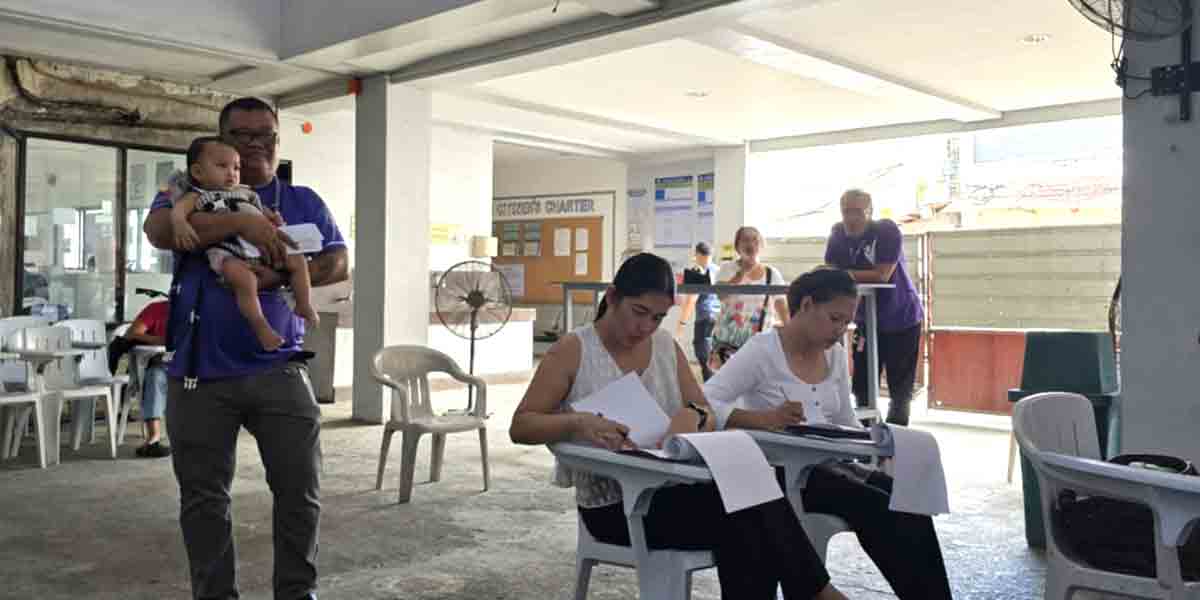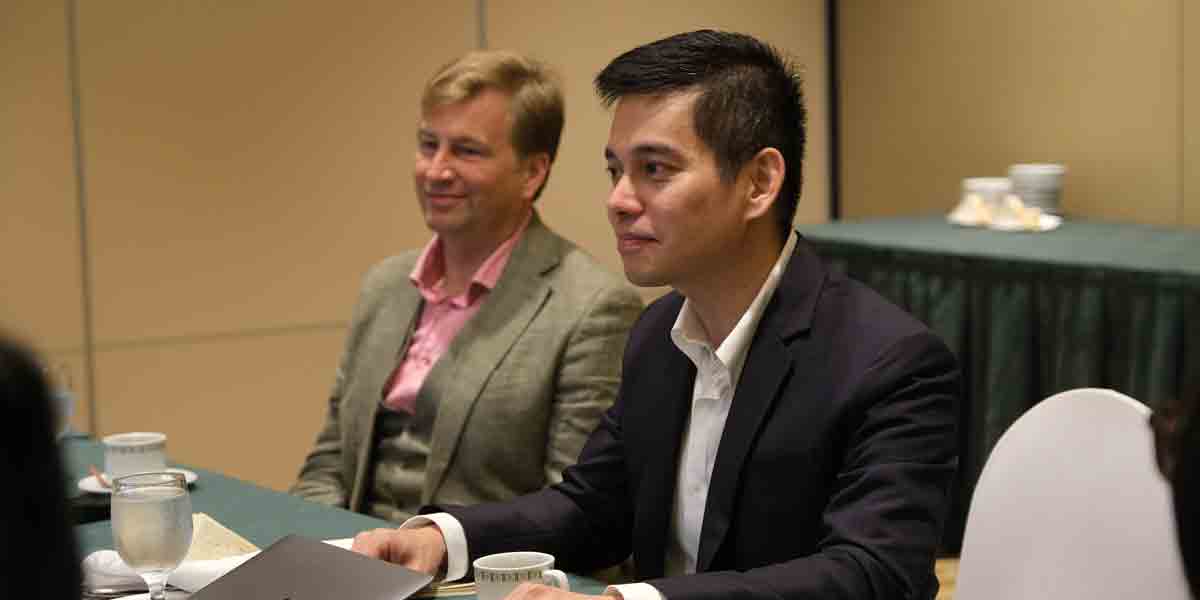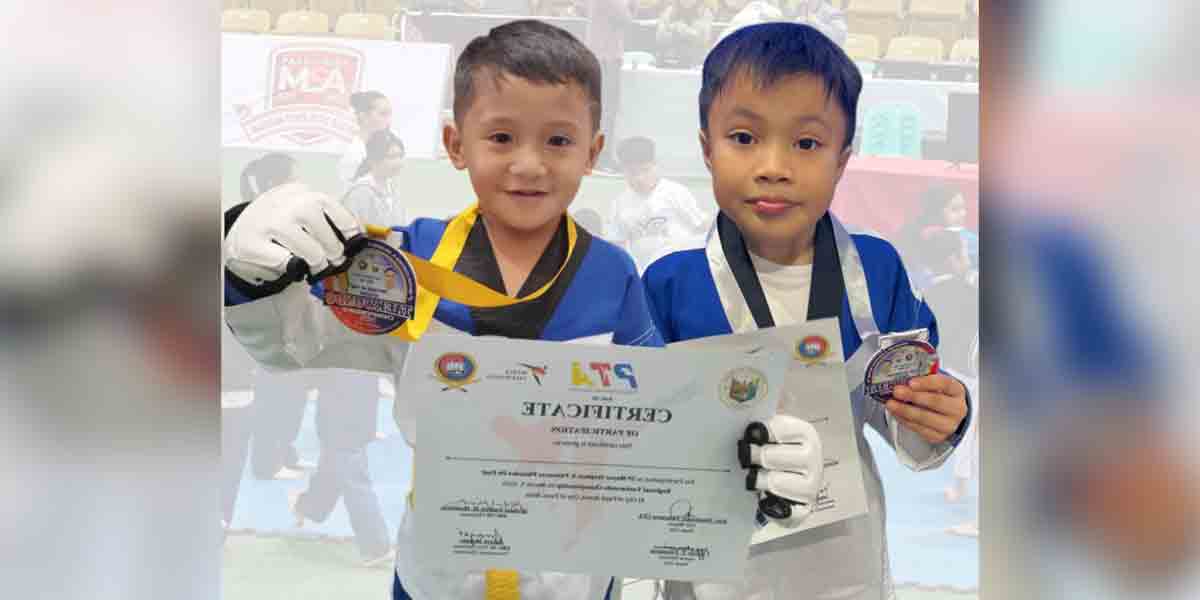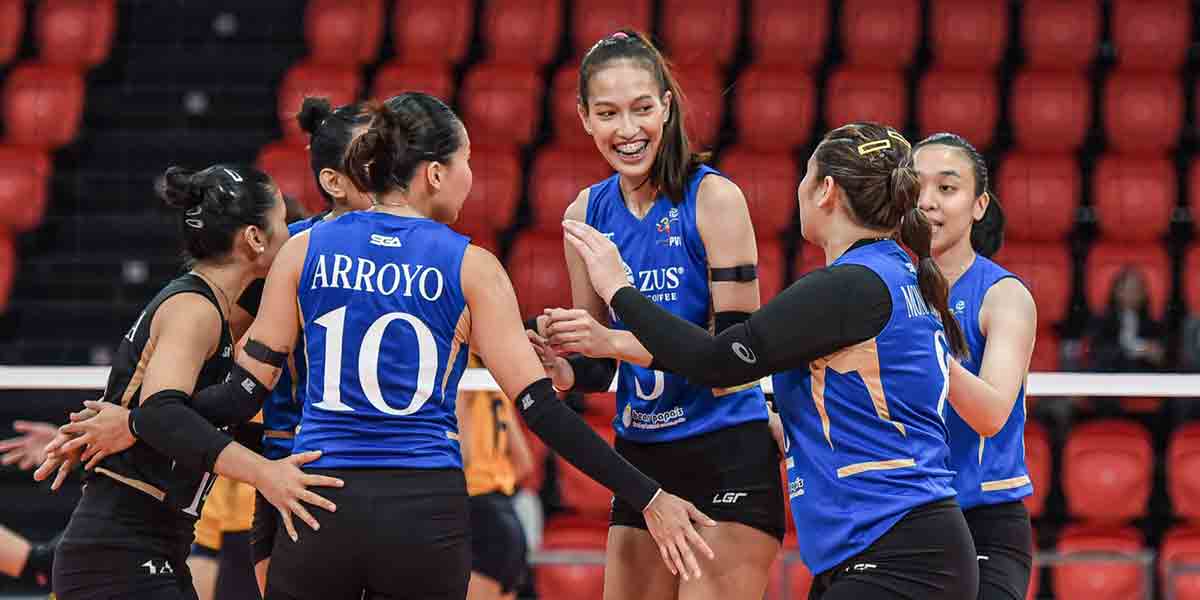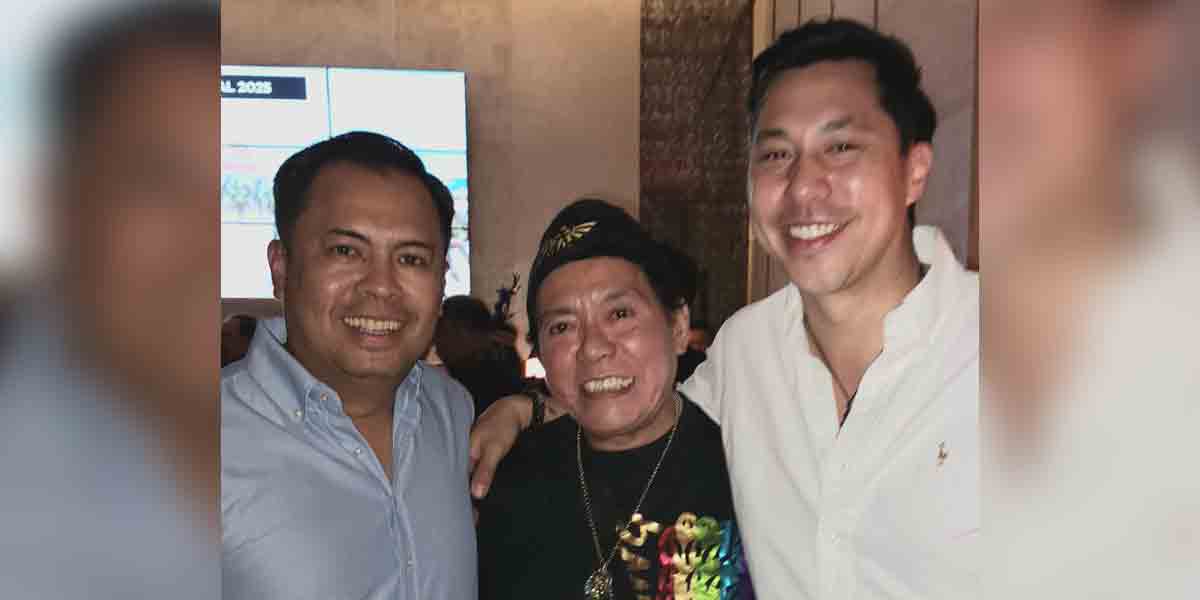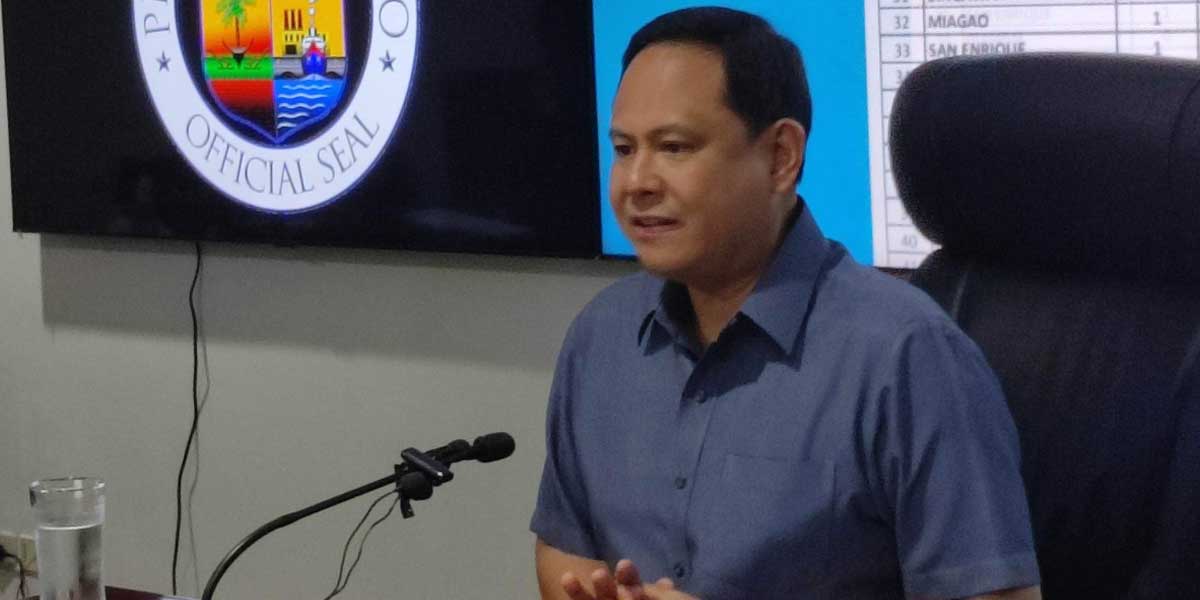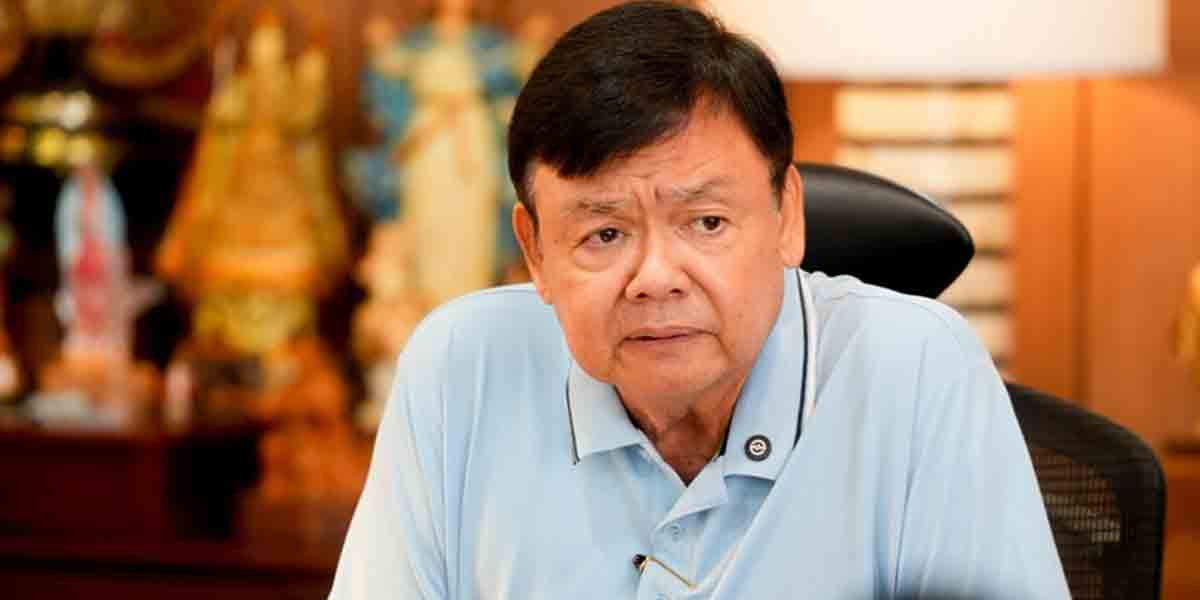By Herman M. Lagon
Equipping students with the tools for responsible journalism extends far beyond academic training—it is an essential step in nurturing ethical voices dedicated to truth. Recently, the orientation and training workshop for the ISUFST RSCUAA PR Committee offered an invaluable opportunity to prepare student journalists not only for the upcoming Regional State Colleges and Universities Athletic Association (RSCUAA) event but for lifelong integrity and purpose in reporting. Having spent decades mentoring young journalists across various institutions, this experience at ISUFST brings a fresh sense of responsibility and mission. Integrating AI tools into journalism enables students to work efficiently in today’s fast-paced environment while embracing the enduring values of ethical reporting.
One core insight we discussed was from Nobel laureate Maria Ressa, who emphasizes that journalism is not merely advocacy—it is a commitment to protecting facts and fostering community. This aligns perfectly with our workshop’s theme, “One Western Visayas: Promoting Peace, Inclusivity, and Well-Being through Sports.” We aim to inspire students to view journalism not only as a medium for reporting but as a bridge for civic engagement and constructive dialogue. Ressa’s call to action reminds young journalists to build community around their work, amplifying voices and nurturing awareness that reaches beyond the page.
In today’s media landscape, distinguishing fact from fiction is more challenging than ever. A 2023 Reuters survey revealed that nearly half of readers struggle with identifying misinformation online, underscoring the need for critical evaluation skills in student journalists. Our training emphasized rigorous sourcing, cross-referencing, and ethical judgment, equipping students with timeless principles as they harness modern tools to fight misinformation and uphold standards in reporting.
However, accuracy alone is incomplete without ethical responsibility. Ressa advocates for journalists to hold themselves to higher standards, resisting sensationalism and respecting privacy. This principle is central to our workshop, where students are encouraged to report with empathy and integrity. One student insightfully shared, “To report with empathy is to respect every story I tell,” a realization that speaks to the human side of journalism—a balance of passion and professionalism.
This journey is just as enriching for teacher advisers, who evolve alongside students, honing mentorship skills and staying attuned to emerging media trends. Teachers and language professors in our program are not only guides; they are models of accuracy, fairness, and service. Through the publication of school papers, schools do not just inform—they amplify student voices, showcase school values, and foster pride and unity, building a powerful sense of identity and community.
Our workshop also highlights the critical societal role of campus journalism in nurturing informed citizens. ISUFST is not just preparing future journalists; it is cultivating responsible citizens and advocates for the future. Research shows that students engaged in civic programs like campus journalism are statistically more likely to contribute to their communities. Campus journalists offer unique perspectives on community issues, whether environmental preservation or mental health, inspiring conversations that ripple beyond campus and into broader society. During a session, one student remarked, “This story matters because it is about our future,” reflecting the impact of youth voices on public awareness and action.
Beyond reporting, student journalists grow into leaders—editors, content creators, social media managers, and photojournalists who learn to inspire and innovate within their teams. One journalist shared, “I realize that being a leader means knowing when to listen.” This understanding of leadership—centered on service and responsibility—is integral to effective journalism.
In mentoring these young journalists, I am reminded of the transformative power of journalism—not only in telling stories but in changing lives. Training them is both a calling and a commitment, shaping a generation prepared to stand firm for truth. For student journalists, this journey is one of growth, balancing truth-seeking with humility. At ISUFST and beyond, the legacy of campus journalism is not about accolades but about instilling a culture of resilience and integrity. Empowering students to report responsibly, lead wisely, and write ethically gives them a noble mission: to become stewards of truth and advocates for positive change.
***
Doc H fondly describes himself as a ‘student of and for life’ who, like many others, aspires to a life-giving and why-driven world grounded in social justice and the pursuit of happiness. His views do not necessarily reflect those of the institutions he is employed or connected with.


